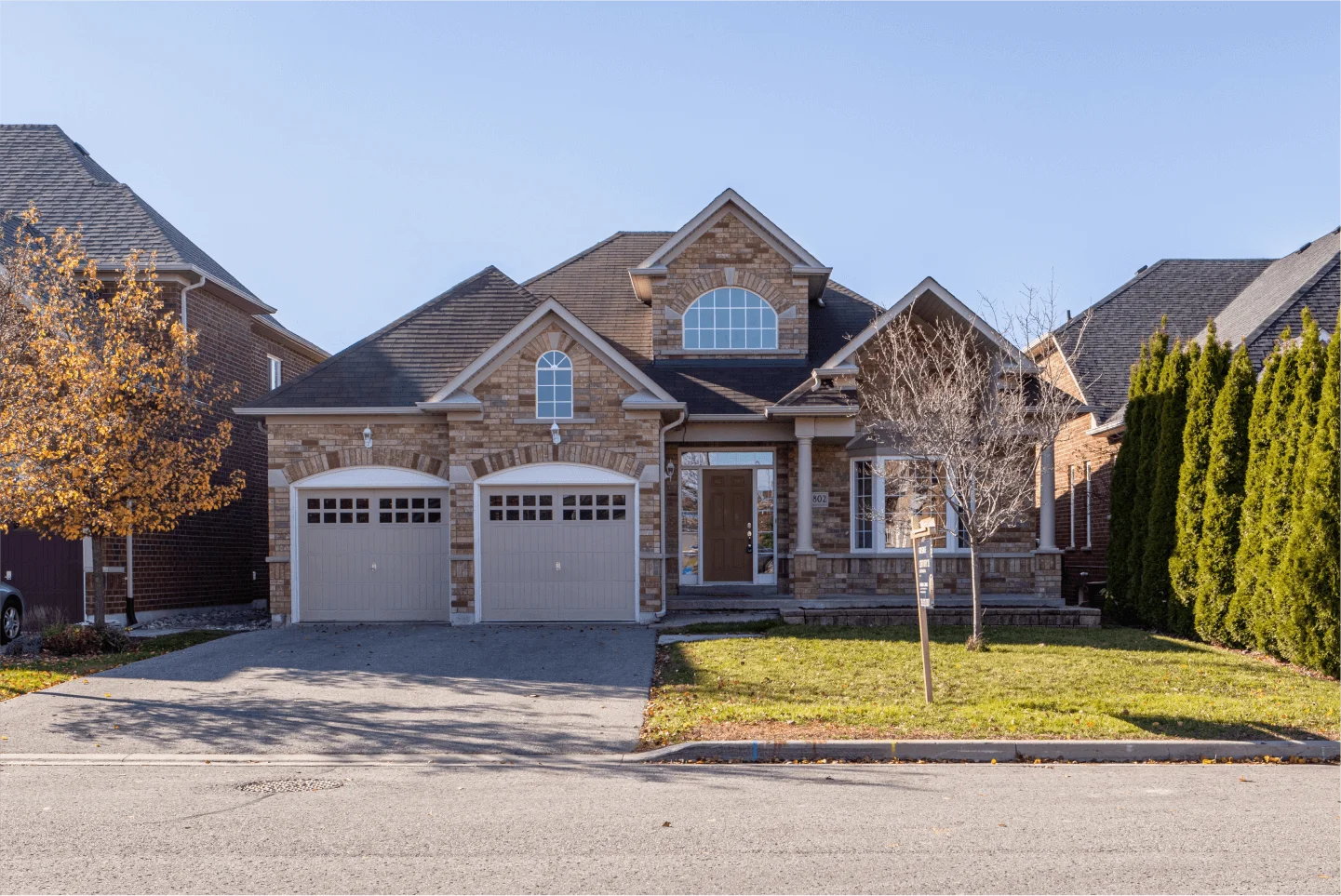
Conventional loans that are sold to Fannie Mae and Freddie Mac are a popular choice for many home buyers. These loans are not insured by the government and are backed by private lenders. Fannie Mae and Freddie Mac are government-sponsored enterprises (GSEs) that purchase mortgages from financial institutions to provide more affordable and available loans to homeowners. They package the loans and sell them to investors as mortgage-backed securities. Consequently, the performance of mortgage-backed securities ties directly to the conforming loan interest rates. These loans comprise approximately 70% of the mortgage loans originated each year. (1.)
Conventional loans are available for 1–4-unit properties. Various property types are acceptable including Single Family dwellings, Condominium, Townhouse, Planned Unit Development (PUD)2. Certain types of properties are not acceptable as collateral for Fannie Mae and Freddie Mac loans3. Note that certain underwriting guideline differences may be present for certain property types, for example the percentage of owner-occupied units in a condominium development may impact the eligibility of that property2. The property type thus becomes an important detail to be considered when pursuing mortgage financing.
Conventional loans have standardized underwriting guidelines that are adhered to by most every type of mortgage loan, with a few notable exceptions. There are also a few subtle differences in underwriting guidelines between Fannie Mae and Freddie Mac as well. There is a maximum loan amount limitation for both Fannie Mae and Freddie Mac, which varies depending on the location of the property. Certain areas are considered ‘High Cost’ areas and have higher loan amount limitations. Additionally, higher loan limitations exist for multiple unit properties. The limitations change annually, and the current guidelines can be found on the Fannie Mae or Freddie Mac websites4.
Conventional loans that are sold to Fannie Mae and Freddie Mac may be a good option for many home buyers. Conventional loans offer many solutions to homeowners and have a variety of options to meet a borrowers’ needs. Working with an experienced loan officer that knows not only the underwriting guideline differences in various programs, but the subtleties between Fannie Mae and Freddie Mac is an essential component of insuring that you make the best decisions for your scenario.
1 According to the National Association of Realtors.
2 See Property type and Occupancy and the Impact on Financing
4 https://singlefamily.fanniemae.com/originating-underwriting/loan-limits